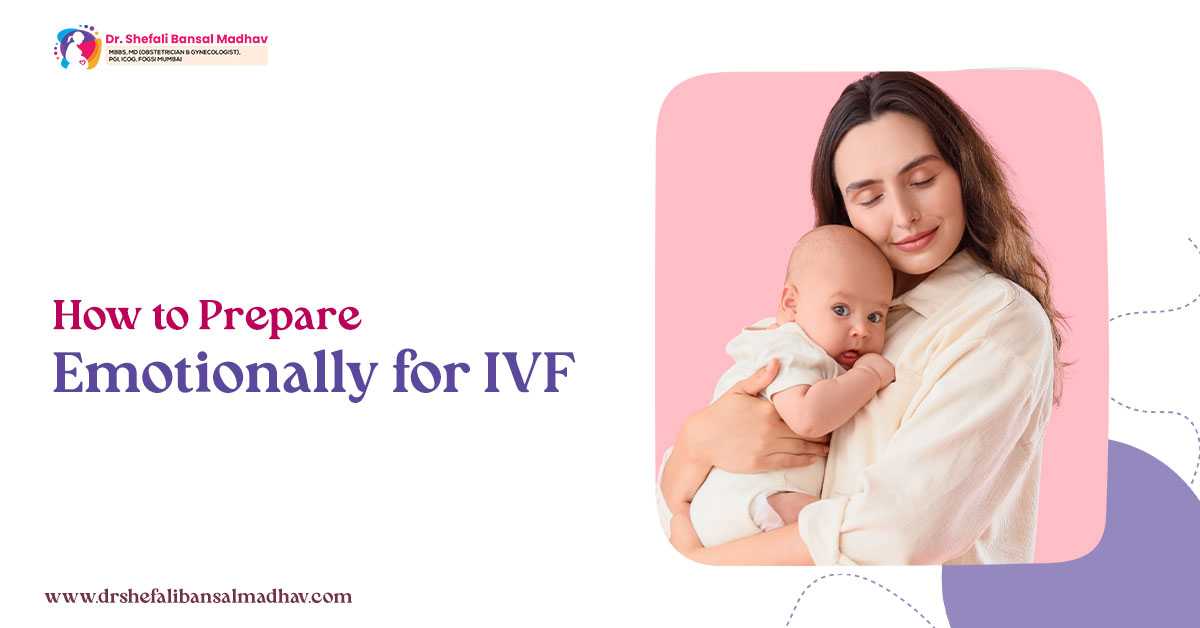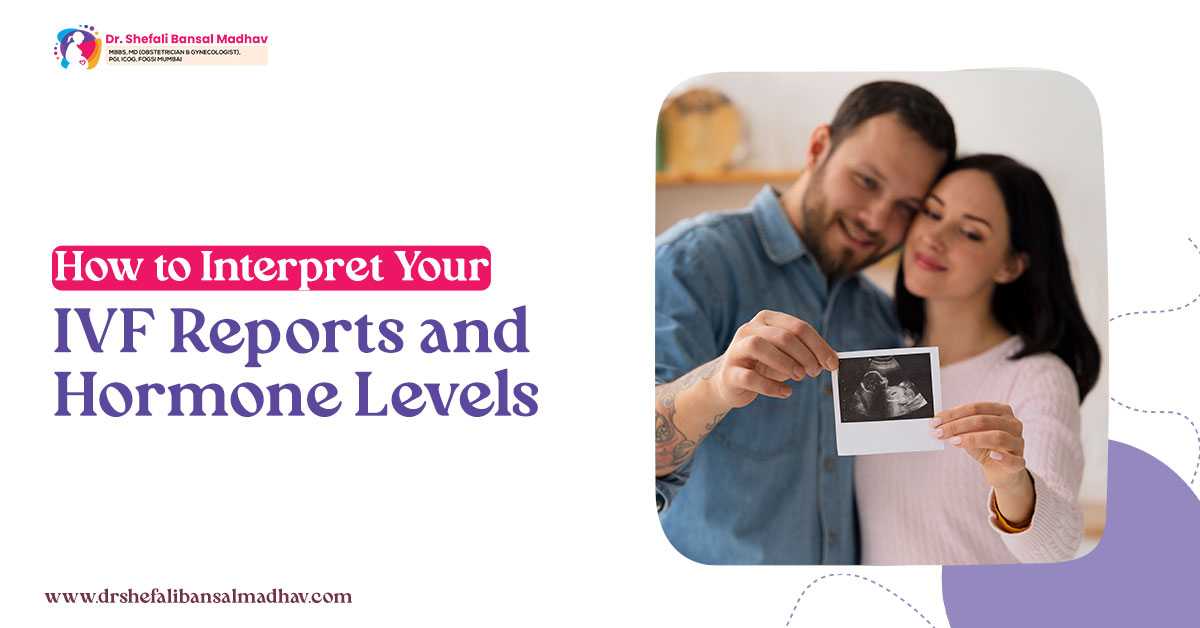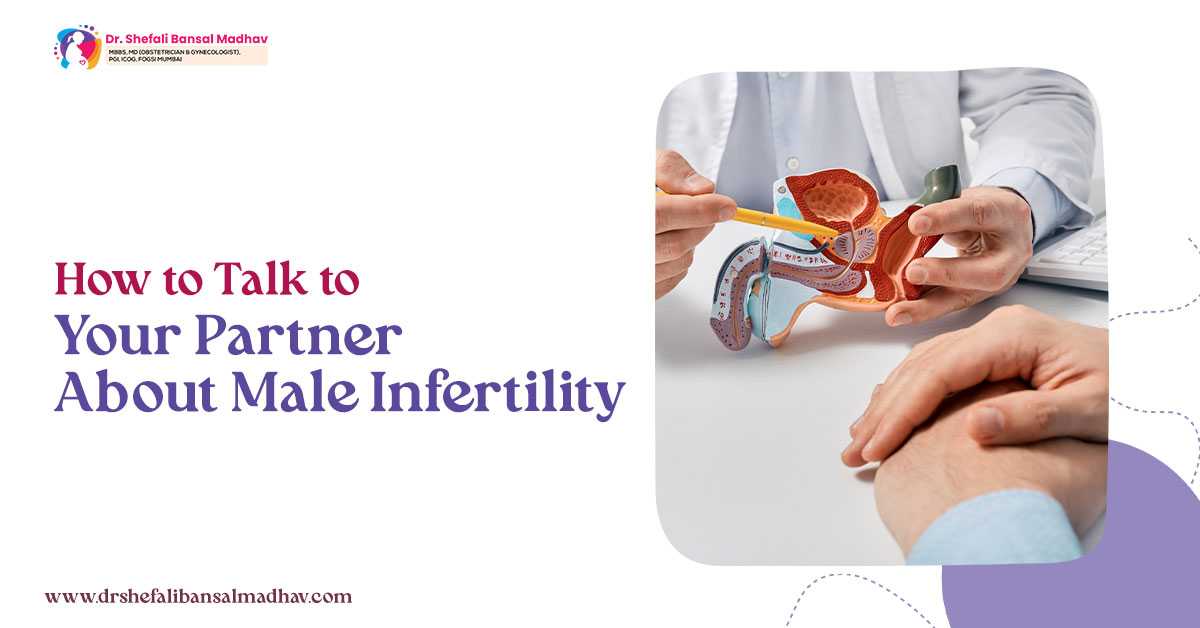Since IVF doesn’t promise a pregnancy, IVF outcomes can be unsuccessful. Here, one of the common concerns of couples is "Why does IVF fail even with good embryos?" Yes, it’s a heartbreaking experience, especially when everything seems to be going perfectly. Let’s understand the reasons for IVF failure. For all-inclusive infertility and IVF support, visit the best IVF doctor in Siliguri City.
Knowing What a "Good" Embryo Means
Before you understand the reasons for IVF failure, it’s important to understand what is meant by a "good" embryo. Typically, it means embryos that appear healthy under a microscope. These have characteristics like:
Cell Division Ratee.g., a 6-8 cell stage on day 3 or a blastocyst by day 5. These should be at 2 to 4 cells at 48 hours after egg removal and about 6 to 10 cells by 72 hours/ 3 days.
When it comes to morphology, the shape and structure of the cells should have evenness in size and absence of fragmentation.
Some IVF clinics use Preimplantation Genetic Testing (PGT) to rule out embryos with a normal number of chromosomes.
Reasons for IVF Failure Even with Good Quality Embryos
Issues with Uterine Receptivity
One of the most frequent factors for a successful IVF cycle is the readiness of the uterus to accept your embryo. Even if embryosareof excellent quality, theyneed a receptive endometrial lining. This is for the successful implantation of the embryos. Some common uterine issues are:
Endometrial thickness, in which too thin or too thick can lower the chances of successful implantation.
Endometrial receptivity array, shortly called ERA, means the timing of embryo transfer may not align with the window of endometrial receptivity. Here, an ERA test can help decide the most receptive time for embryo transfer into the uterus.
Immune system factors
If the uterine immunological environment is not favourable for implantation, even an embryo with normal chromosomes may face difficulties.
Potential immune-related concerns leading to IVF failure:
High levels of NK cells can treat an embryo as a foreign invader, attacking it before it can implant into the uterus.
Autoimmune disorders like lupus or antiphospholipid syndrome can interfere with the implantation of the embryo in the uterine wall, even when it is healthy.
Chromosomal Abnormalities
It is possible that embryos that look perfect under a microscope may carry chromosomal abnormalities.This affects their ability to implant or develop into a successful pregnancy. Consult one of the top IVF doctors in Siliguri for comprehensive IVF support.
Mosaicism can be a reason, which occurs when an embryo has both normal and abnormal cells. In this case, embryos with abnormal cells in them may fail to implant. Also, these can lead to miscarriage. See the best IVF doctor in Siliguri City, North Bengal for advanced infertility care.
Advanced Maternal Age
Let's be clear about that age does matter. The success rate of IVF declines with age, mostlybeyond the age of 35. The chances of success with IVF are generally higher when your age is below 35, ranging from 35 to 40 percent.
Other factors to know about:
- Stress levels
- A Chronic disease
- Hormonal disorders
- Unhealthy lifestyle
No medical support can completely ease the risk of IVF failure. All you can do is talk to the most reputed IVF doctor in Siliguri or near you and follow expert advice to lower the risk of IVF failure.





